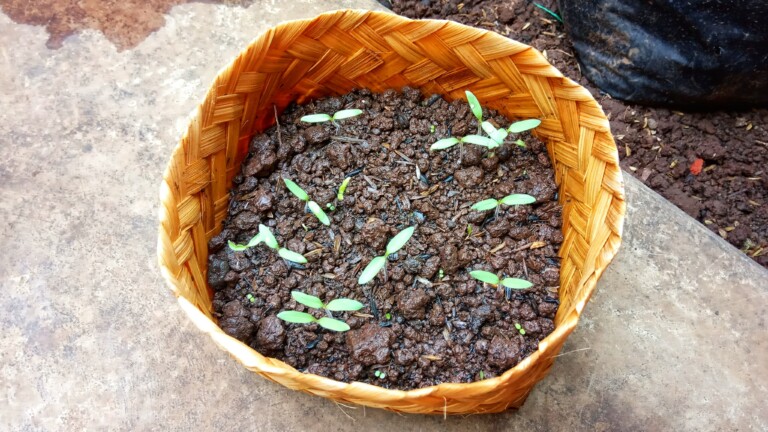One of the values of the Northumbrian Collective is Living Authentically. Living things grow. They are never static. As I wrote in my last series here, growing is not a choice. HOW we grow is the choice. In that series I tried to outline some signs that we are growing in the right direction. For anyone who doesn’t want to read that whole series, I concluded that a mature person (my word for someone who has grown well) is developing five characteristics:
- Spiritual Awareness. A mature person can perceive the spiritual dimension of all of life. Spirituality is not compartmentalised into a hobby or a self-help strategy, but feeds and is fed by everything.
- Commitment Amid Diversity. A mature person can acknowledge the complexities of life and the differences in the beliefs and motivations of those we know and love, and remain committed to their own beliefs nonetheless. In the face of ‘the other’, they resist apathy, fear and hate.
- A mature person exhibits love, joy, peace, patience, kindness, generosity, faithfulness and self-control.
- A mature person has a healthy and realistic sense of self and purpose, and lives these out in every area of their life.
- A mature person lives in an ever-widening circle of love, taking in friends, neighbours, strangers, and ultimately enemies and other living things.
What I didn’t do in the last series is explore how we might create a healthy environment in which this kind of good growth is possible. That’s what I want to do over the next few weeks. What if I told you there is a team of psychotherapists, neuroscientists, pastors and theologians working on proving that there are just THREE things we need to do to grow into Christlike maturity?
The story of how this team developed what they call The Life Model is too long to tell here, but it involves philosopher Dallas Willard, his wife Jane Willard, a psychotherapist, and the work she was involved in developing at a Christian therapy centre called The Shepherd’s House. Before neuroscience was really a thing, certainly a thing in the popular imagination, Jane was discovering that a great deal of human brokenness came down to similar roots. She suggested that the same things that affect our relationships with each other also affect our relationship with God. And the team at The Shepherd’s House began to use a word to describe the healthy relating they were aiming for: joy. We now know that when we experience spiritual joy the part of the brain that is activating is the same part of the brain the activates when someone is pleased to see us. Spiritual joy is the experience of God being ‘pleased to see us’. Brain scientists sometimes talk about things like attachment, but this word joy makes it something very human and real and close to our experience. The folk at Life Model Works argue quite convincingly that we can’t do any of the work of maturity without this physical, emotional, psychological and spiritual foundation of joy.
So, the plan is to explore each of these activities and I’ll let you know how I’m doing at actually implementing them. I hope you’ll join me. In the meantime, I want to leave you with a question: if, with a little work, you could become more like Jesus, could leave behind your compulsions and bad habits, your addictions and resentments, would you want to?
Photo by setiawanap form PxHere


